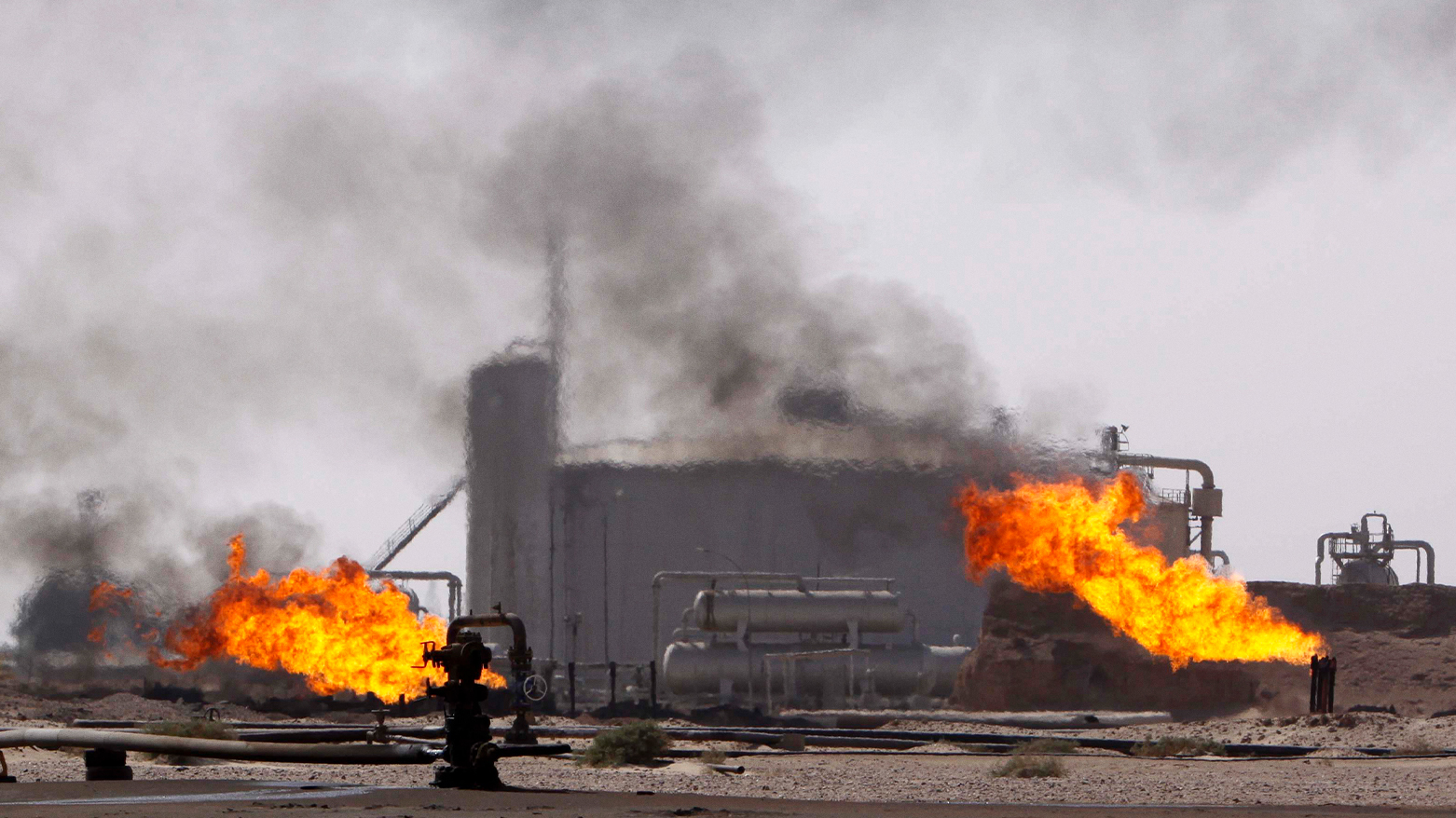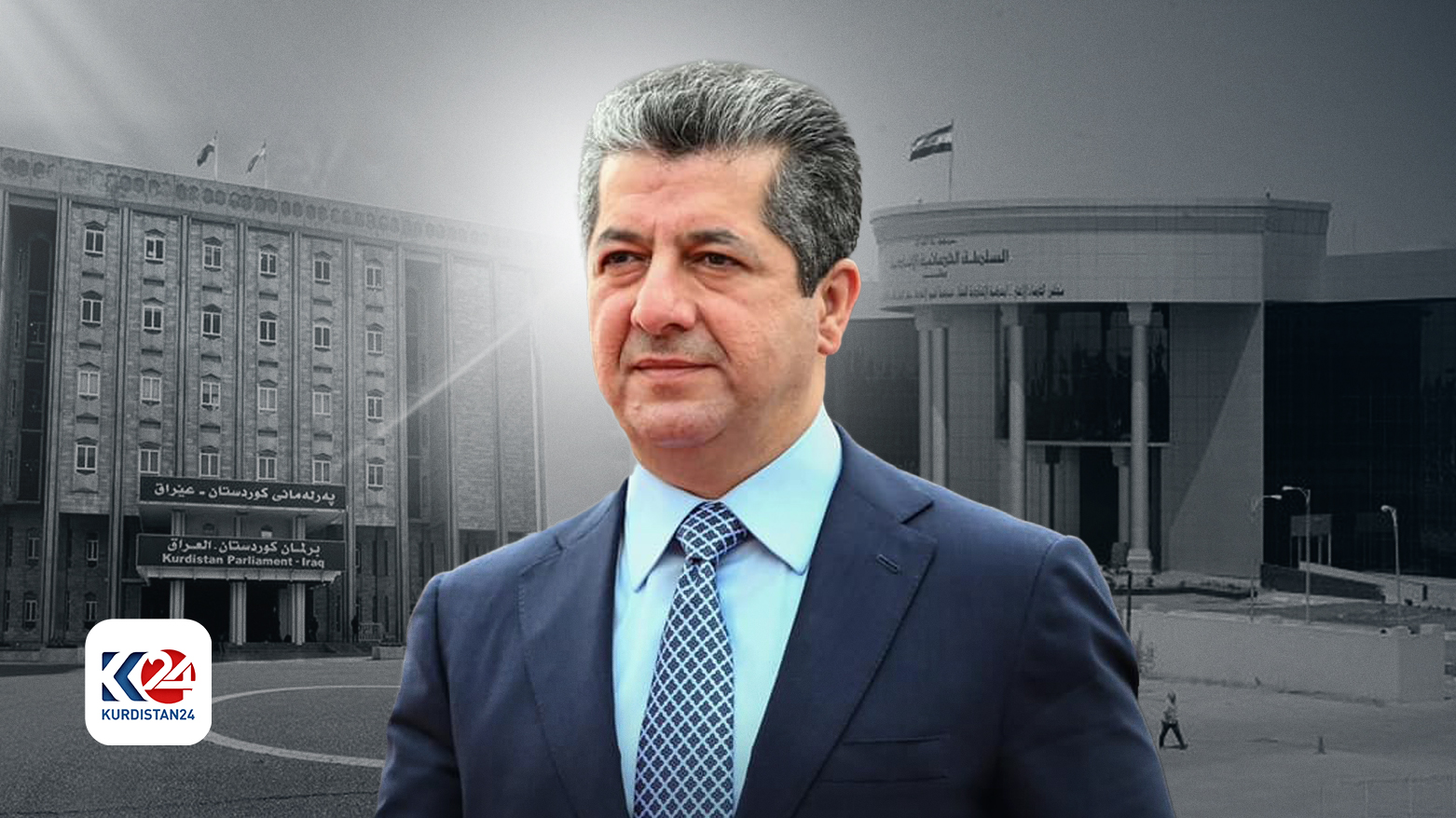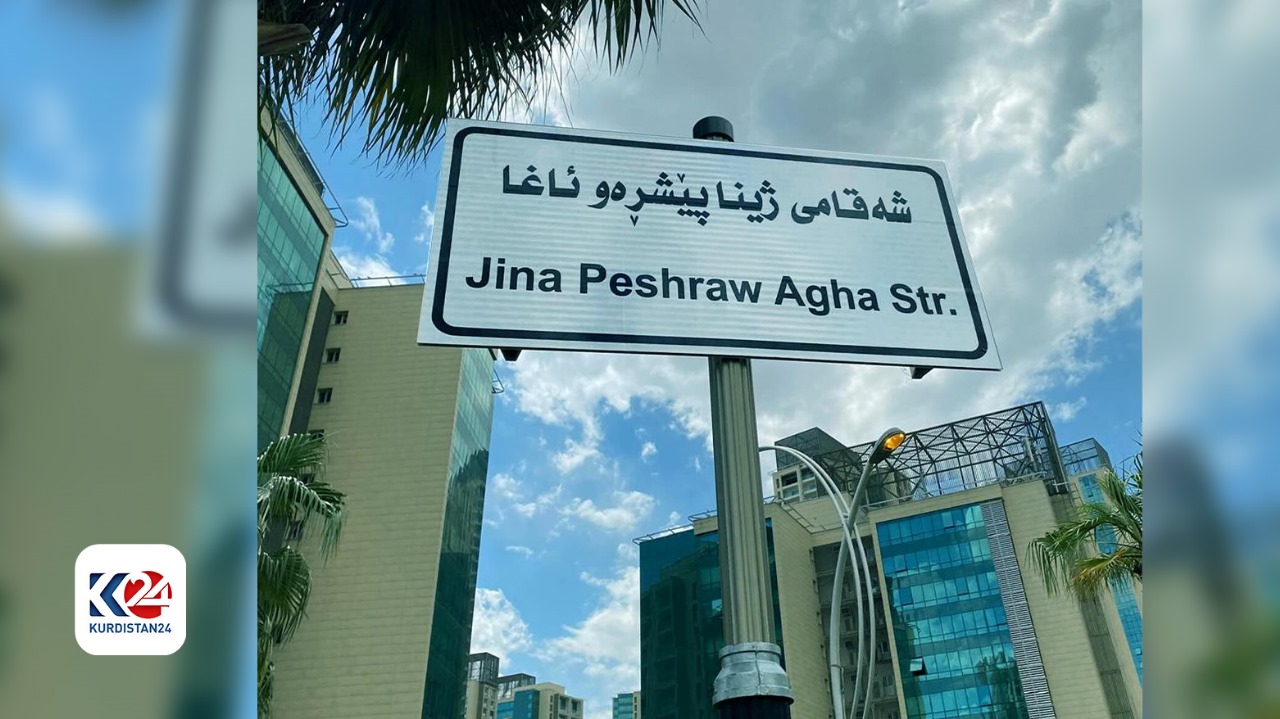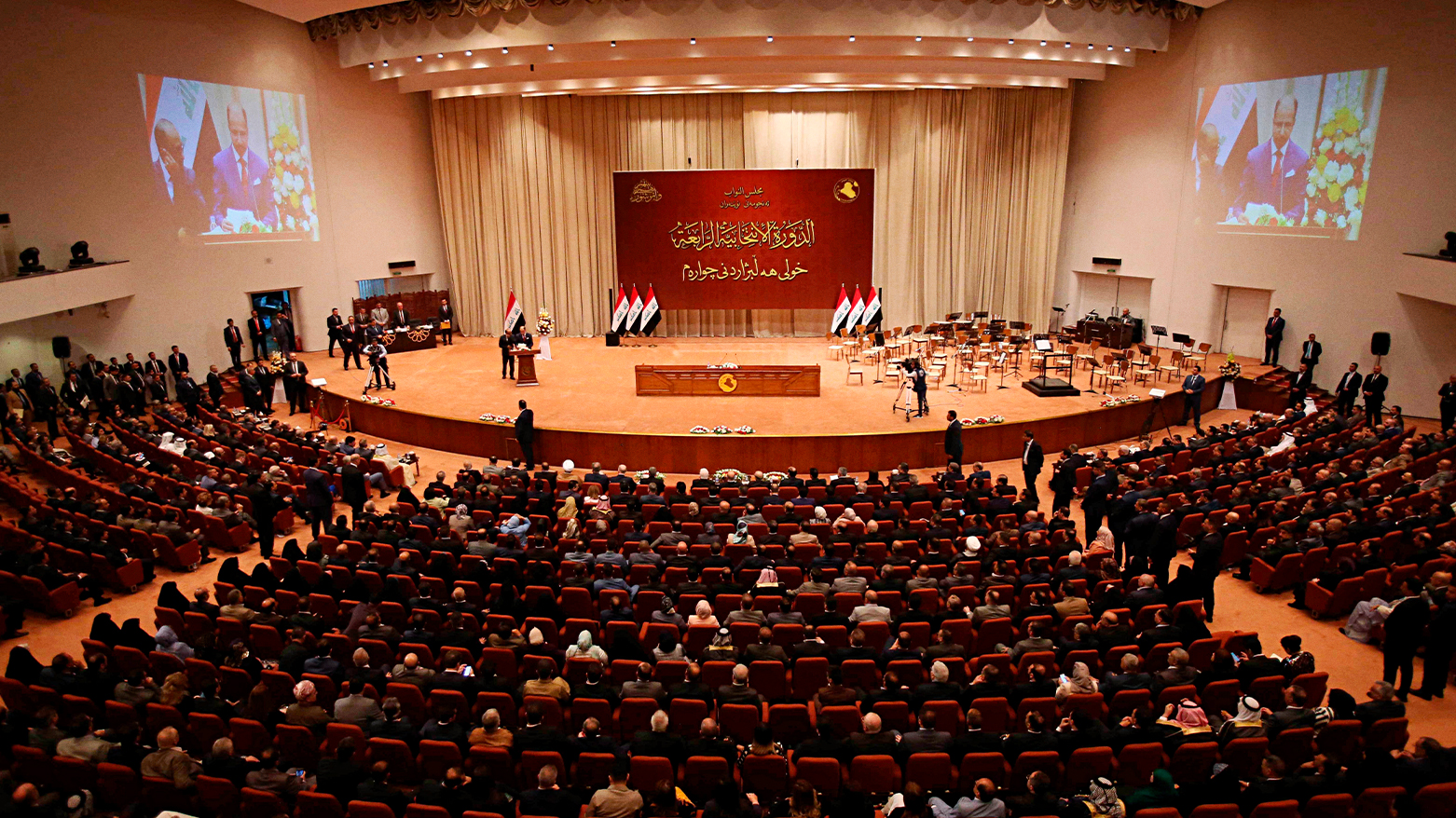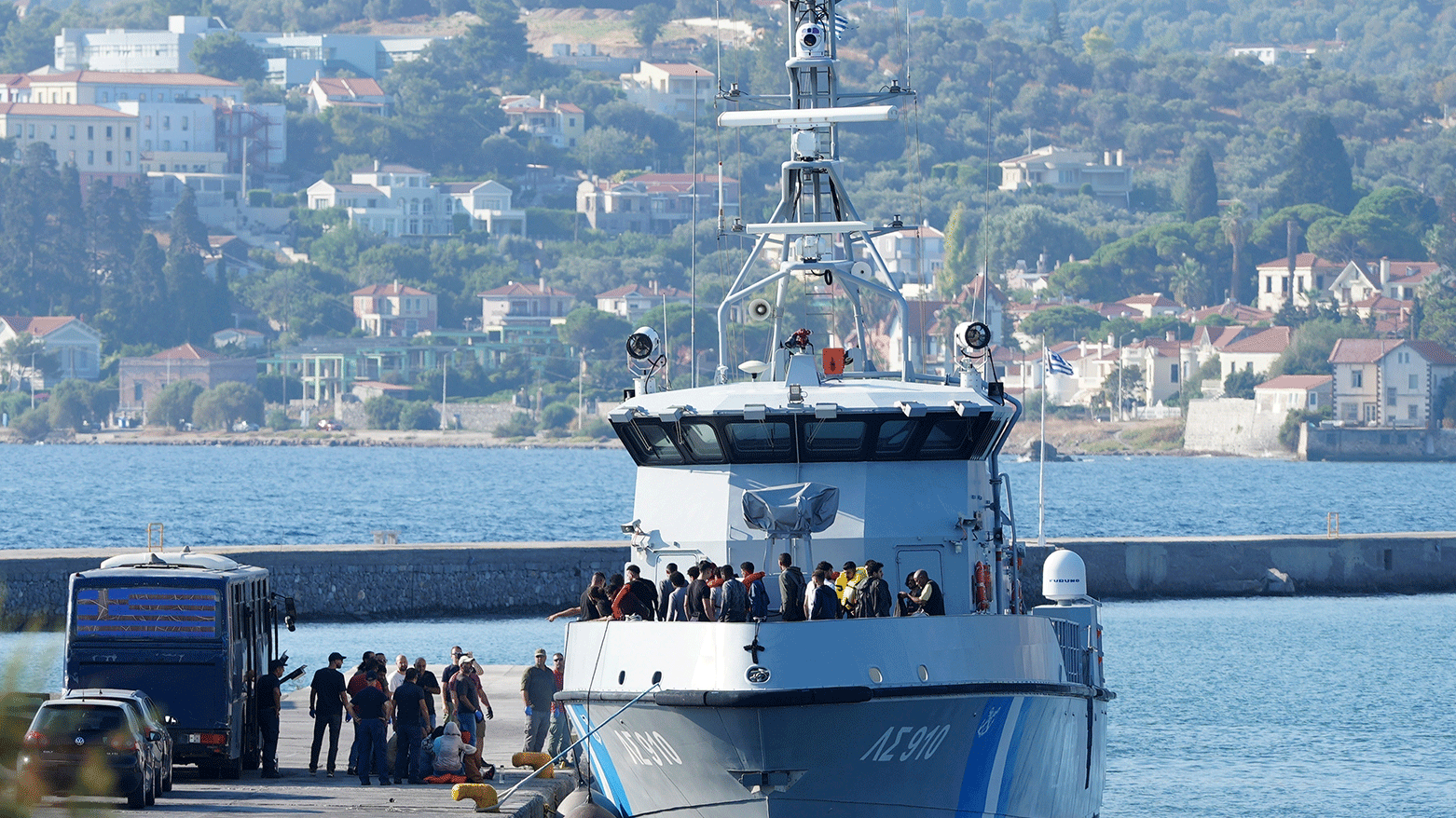Babil's Jurf Al-Sakhr displacement saga: political struggles and security concerns
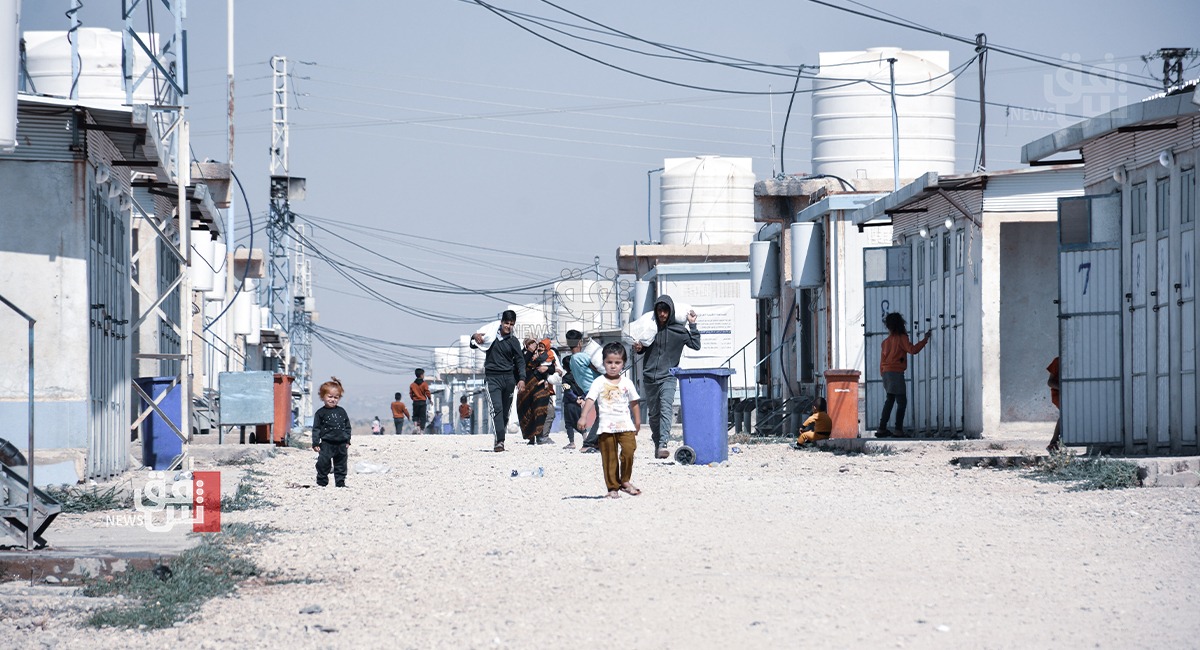
Shafaq News/ A decade has elapsed since their departure, approximately 6,000 families from Jurf Al-Sakhr in Babil governorate remain unable to return due to security precautions.
The lack of a perfect solution, characterized by the reintegration of displaced individuals into their former residences, has led to increased advocacy for constructing alternate settlements and compensating for lost properties. These measures enable these displaced populations to rebuild their lives in new environments.
Insights into Jurf Al-Sakhr
Jurf Al-Sakhr, formerly known as Jurf Al-Nasr post-ISIS defeat, lies north of Babil, about 60 kilometers southwest of Baghdad. It is one of five sub-districts in the Al-Musayyib district and covers 50 square kilometers.
The sub-district is inhabited by around 140,000 individuals, predominantly from the Sunni Al-Janabi tribe, engaged in agricultural work.
Its strategic significance stems from its challenging terrain and pivotal position linking Iraq's western, central, and southern governorates.
Seized by ISIS in 2014, the sub-district saw a mass displacement of its populace to safer havens. Although recaptured shortly after in late October 2014, the area remains under the control of factions within the Popular Mobilization Forces (PMF), hindering residents from reclaiming their homes due to security concerns.
Ban on Jurf Al-Sakhr Returns
In an interview with Shafaq News Agency, MP Thaer Abdul-Kadhim Mukheef of Babil challenged the blanket ban on returning all families from Jurf Al-Sakhr, stating that "such a prohibition lacks accuracy."
"There is a need for a transparent and security-focused approach, thorough identity verification for those seeking to return."
Mukheef stressed the importance of "fairness and impartiality in handling this issue," urging professional treatment for families desiring to reestablish themselves in their hometown.
"Some terrorists from the sub-district confessed to conducting acts such as violence and bombings. However, not all the residents are the same." He said.
Commitment to Repatriate Displaced
Iraqi Minister of Migration and Displaced Persons Evan Faeq committed on December 29, 2022, to repatriate all Iraqi displaced individuals, including those from Babil's Jurf Al-Sakhr area, within six months.
During a press briefing, Faeq affirmed, "The government's program mandates the repatriation of displaced individuals to their original locales."
She emphasized, "We've underscored the imperative to keep the displacement issue distinct from political agendas and to refrain from exploiting this humanitarian matter for personal gain, particularly regarding those from Al-Oweissat, Bzaybez, and Jurf Al-Sakhr."
Faeq elaborated, "A recent meeting convened with political factions that had previously endorsed the return of displaced persons to Jurf Al-Sakhr," indicating, "We've meticulously identified and verified that around 500-700 families, vetted and poised for return, and they have been handed over to the pertinent authorities for the process of repatriation to Jurf Al-Sakhr."
Challenges Remain
After about eighteen months following Minister Faeq's declaration and commitment, an estimated "6,000 displaced families from Jurf Al-Sakhr continue to reside in Al-Musayyib, Ameriya Al-Fallujah, and Al-Sulaymaniyah within the Kurdistan Region," as conveyed by Ali Abbas Jahakir, spokesperson for the Ministry of Migration and Displaced Persons.
Jahakir explained to Shafaq News Agency that "the Jurf Al-Sakhr file embodies both security and political dimensions, given the presence of a security force overseeing the territory and varying viewpoints on this issue. The Ministry of Migration cannot enforce its stance on an entity with security apprehensions or priorities, particularly if the area remains littered with remnants of conflict and maintains a precarious security environment. Their decisions are grounded in substantive considerations, not caprice."
He underscored that "the Ministry of Migration responds to cues from these entities, so if they indicate an amelioration in the situation within Jurf Al-Sakhr, the ministry is primed, and there exists an inclination for repatriation. The ministry operates on this premise. However, pinpointing a specific date or timeline proves challenging as the ministry lacks the authority to make such determinations."
Return vs No Return
In 2017, by a majority vote, the Babil Provincial Council decided to pursue legal action against any political or partisan group advocating for the return of displaced individuals from Jurf Al-Sakhr.
At that time, Falah Abdul Karim, a parliament member, disclosed that over 5,000 arrest warrants were issued against individuals from Jurf Al-Sakhr, accusing them of ties to ISIS and other criminal activities.
Efforts by successive Baghdad governments to address this situation could have been more effective. Some Sunni politicians are demanding the restoration of the sub-district from the Popular Mobilization Forces (PMF), alleging PMF control hinders residents' return. However, PMF leaders counter that only those posing security risks remain in camps.
In 2023, a call came from Khamis Al-Khanjar, head of the Sovereignty Alliance (Al-Siyada,) stating, "We will pray in the Jurf Al-Sakhr soon," suggesting the return of Sunni displaced persons. However, this stance faced opposition from hundreds of Babil residents who protested on April 7, 2023, in Al-Musayyib, opposing "the return of terrorism" and recalling past violence linked to Jurf Al-Sakhr.
Adding to the complexity, Abu Ali Al-Askari, a security official within the Hezbollah Brigades, accused Al-Khanjar on April 2023 of seeking to reintroduce "mass murderers, killers, and those involved in major crimes" to Jurf Al-Sakhr."
Al-Askari warned against such returns, likening them to "Satan's return to paradise" and urging action to safeguard against a resurgence of "ISIS's atrocities and sectarian violence."
Quest for Solutions
According to political analyst Hussein Al-Sabawi, "The issue of Jurf Al-Sakhr's displaced people has become stagnant, given the internal and external factors, with the main factor preventing their return necessitating radical solutions."
Al-Sabawi pointed out to Shafaq News that "the internal factor is represented by a government that remains unable to find solutions to this file despite popular, media, and political pressure, while the external factor is Iran and its dominance over Iraq."
He emphasizes that "the Iraqi government faces pressure when discussing stability in the country in light of the existence of camps and forced displacement within cities. Therefore, it is forced to talk about the return of the displaced, but not to their original areas of residence. Rather, it is about a new resettlement process to other residential areas, such as providing compensation or distributing land plots in other areas for them. This is where the process of ending the displaced file in Iraq begins."
"Building new areas for Jurf Al-Sakhr's displaced is the best solution instead of keeping them in camps and subjecting them to bidding. The ideal solution, however, is their return to their original areas of residence, which is difficult for the government to implement."



